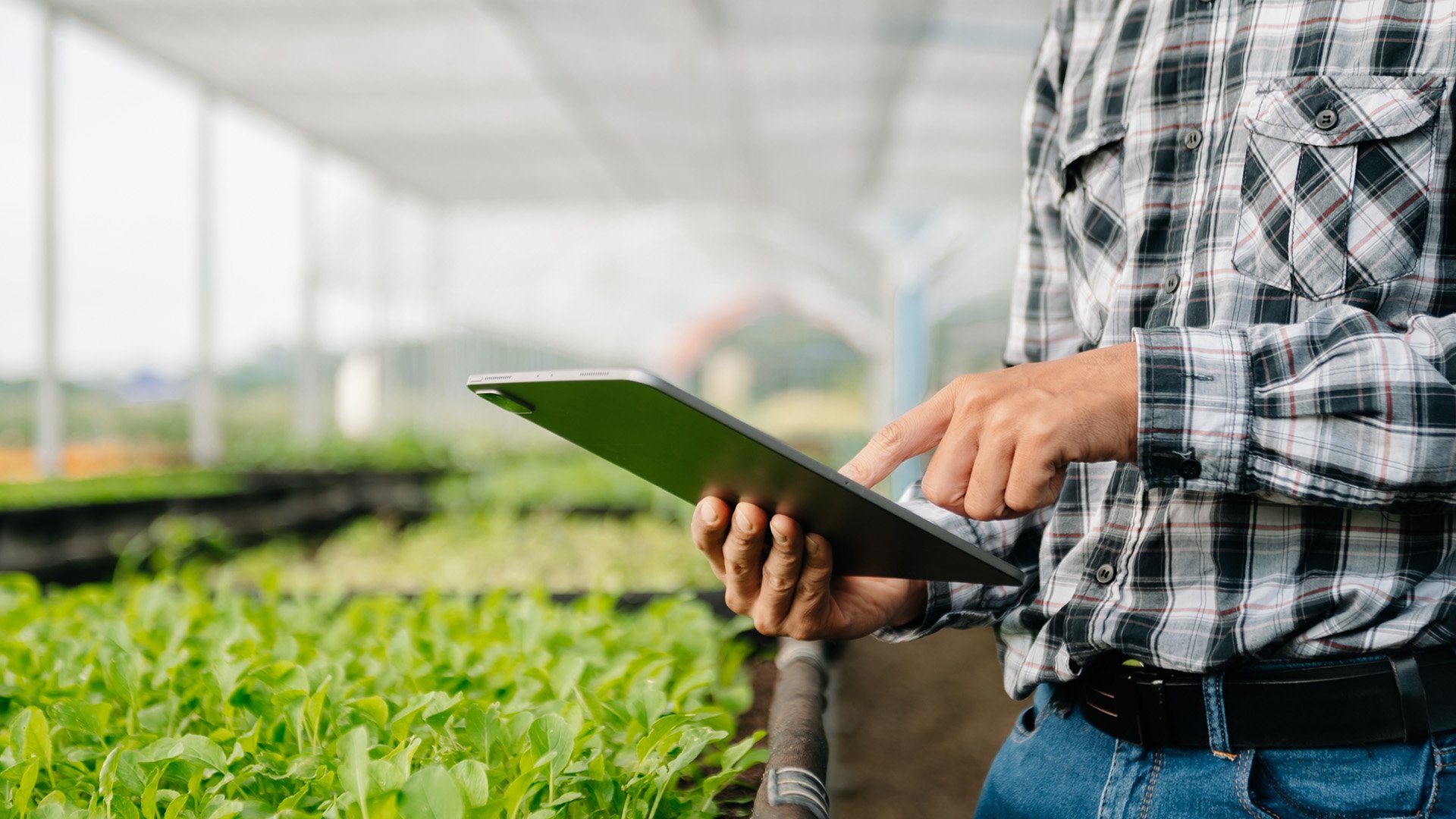World Food Safety Day 2024: Our Commitment to Global Food Safety

World Food Safety Day on June 7th reminds us of the many challenges in ensuring global food security. For us at Kiwa, as a leading accredited certifier, this day is vital to highlighting our commitment to maintaining high food safety standards — in support of our customers and the betterment of the planet as a whole.
Several factors in our current complex global landscape, including conflict, economic shocks, and global temperature extremes, threaten food security. And the statistics are quite alarming, highlighting the need to be prepared: In 2023, acute food insecurity affected 238 million people in 48 countries, a 10% increase from 2022. Chronic hunger impacts 783 million globally. The World Food Programme (WFP) estimates 333 million people in 78 countries face acute food insecurity, nearly 200 million more than pre-COVID-19 levels. What is more, is that famine continues to threaten thousands of lives in Africa. However, at Kiwa, we believe that coordinated efforts can enhance food safety protocols, improve agricultural practices, and encourage global cooperation.
Preparing for the unexpected
Annelies van Oosterom, International Business Development Manager of Food Feed & Farm at Kiwa, reflects on the importance of the theme of World Food Safety Day 2024: “The theme this year is Prepare for the unexpected. Food safety systems save lives because they aim to reduce risks. But how can we reduce these risks? By preparing for the unexpected. It’s impossible to eliminate all risks, but managing risks systematically through monitoring, measuring, and acting upon potential hazards is essential. Preparation is everything."
Food safety starts with solid cybersecurity practices
Annelies continues to tell us about the growing importance of cybersecurity in food safety and the need for companies to ensure robust cybersecurity practices: “It’s crucial to integrate advanced cybersecurity measures into food safety protocols to reduce cyber threats. Ensuring food systems are safe is as critical as maintaining physical food safety standards. We must safeguard digital systems that monitor food production, distribution, and retail operations. We’ve seen that cyber threats can disrupt supply chains, compromise data integrity, and lead to significant financial losses. Whenever there is a hazard, companies need to be able to adjust the food safety system to address this hazard.”

Certification validity and legitimacy amidst increasing cyber threats
Another key to food safety is making sure that companies have legitimate and valid certifications in the food, feed, and farm market. “Ensuring validity of certifications is often difficult, given AI and the complex nature of what we read nowadays,” highlights Annelies. “We encourage companies to check the legitimacy of certifications proactively. For example, there are several ways to check whether a certificate from a company is legitimate. You can check the certification program owner database or the certificate's overall validity at the source.”
“Our streamlined process also ensures certifications are current, providing regular audits and updates on industry standards,” furthers Annelies. “We recommend that companies periodically review their certification status and consult with us for compliance and best practices guidance.”
Our strengths in communication and collaboration
"We want our clients to be as knowledgeable as possible regarding food safety, the challenges, trends, and insights we’ve garnered over the last years. That’s why we’ve prioritized clear and effective communication,” underlines Annelies. “We engage personally and directly through webinars, news articles, and local consultations to ensure our clients are well-informed and supported. Each geographic location has different certification requirements and mandatory activities, and we support clients in meeting those needs and in their own language."
One-stop-shop certification and verification for Food, Feed, and Farm
“We know we cannot yet eliminate the problems associated with food safety, but we can do our very best to mitigate these challenges and help futureproof companies act accordingly,” concludes Annelies. “And robust food safety standards in the food supply chain are essential in doing so. We strive to uphold food safety, sustainability, and organic practices by partnering with farmers, producers, distributors, wholesalers, and retail and designing audits and monitoring protocols, ensuring the integrity of the entire food supply chain from farm to fork.”
For more information about our food safety services, visit our Food Safety & Security page or contact us at food@kiwa.com. Feel free to view our one-stop shop services on our Food, Feed & Farm page.

Annelies van Oosterom, International Business Development Manager of Food Feed & Farm at Kiwa
Contact us
Would you like to know more about our services in the field of Food, Feed and Agriculture? Please contact us using the form below.
